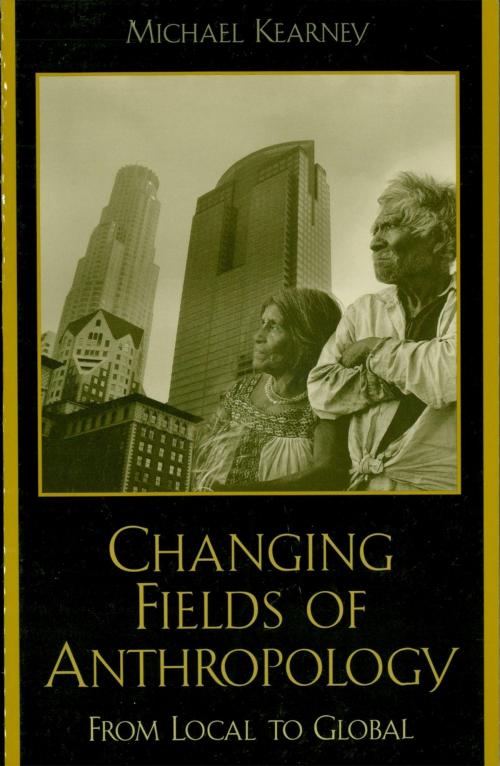Changing Fields of Anthropology
From Local to Global
Nonfiction, Social & Cultural Studies, Social Science, Anthropology| Author: | Michael Kearney | ISBN: | 9780742572881 |
| Publisher: | Rowman & Littlefield Publishers | Publication: | June 10, 2004 |
| Imprint: | Rowman & Littlefield Publishers | Language: | English |
| Author: | Michael Kearney |
| ISBN: | 9780742572881 |
| Publisher: | Rowman & Littlefield Publishers |
| Publication: | June 10, 2004 |
| Imprint: | Rowman & Littlefield Publishers |
| Language: | English |
This book explores major shifts and reorientations in the recent history of American Anthropology, reflecting the author's vision of what anthropology is and what it has the potential to become. The title phrase 'changing fields' can be read in two ways: One meaning refers to how, since the mid-1960s, the larger national and global social, intellectual, and political fields within which American anthropology is situated have profoundly changed. The second meaning refers to how, in response to these changing fields, the author, like many other anthropologists, changed the locations of his fieldwork along with his research problems and theoretical perspectives. The book engages three fundamental intellectual-political challenges that American anthropology is destined to confront (or at its peril, avoid): becoming more self-reflexive, achieving theoretical and methodological holism, and defense of universal human rights.
This book explores major shifts and reorientations in the recent history of American Anthropology, reflecting the author's vision of what anthropology is and what it has the potential to become. The title phrase 'changing fields' can be read in two ways: One meaning refers to how, since the mid-1960s, the larger national and global social, intellectual, and political fields within which American anthropology is situated have profoundly changed. The second meaning refers to how, in response to these changing fields, the author, like many other anthropologists, changed the locations of his fieldwork along with his research problems and theoretical perspectives. The book engages three fundamental intellectual-political challenges that American anthropology is destined to confront (or at its peril, avoid): becoming more self-reflexive, achieving theoretical and methodological holism, and defense of universal human rights.















